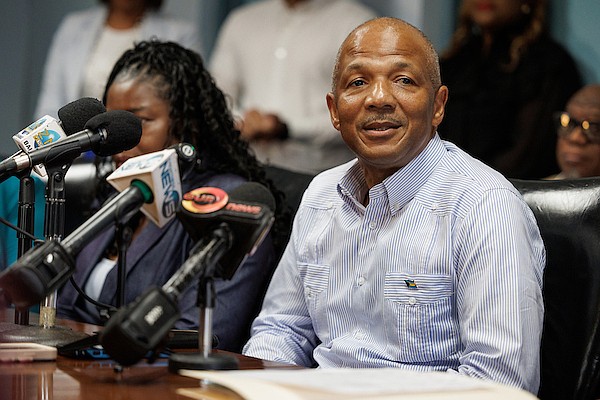The Bahamas is facing a demographic challenge that threatens the sustainability of its National Insurance Board (NIB), prompting calls for citizens to have more children. Myles Laroda, the Minister of Social Services, Information and Broadcasting, highlighted the critical link between the country’s declining birth rate and the future of the NIB. With a current birth rate of 1.7 children per woman—below the replacement level of 2.1—the nation risks a shrinking workforce unable to support a growing number of pensioners. Laroda emphasized that the NIB’s viability hinges on the ratio of contributors to retirees, noting that a healthy balance requires at least six workers per pensioner. However, the ratio is nearing three, signaling potential instability. The minister’s remarks came during a workshop on sexual and reproductive health and gender-based violence, organized in partnership with the United Nations Population Fund. He stressed that discussions on reproductive health must consider economic realities, as fewer births translate to fewer future contributors to the NIB. Successive actuarial reports have warned of the fund’s unsustainability without reforms, with projections indicating reserves could be depleted by 2028 if contribution rates and benefits remain unchanged. In July 2024, the government raised the contribution rate from 9.8 percent to 10.3 percent, with further increases potentially needed to stabilize the fund. Laroda underscored that population growth and reproductive health are integral to the Bahamas’ economic stability and long-term development, urging citizens to recognize the broader implications of declining fertility rates.
